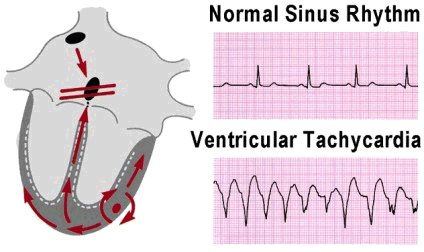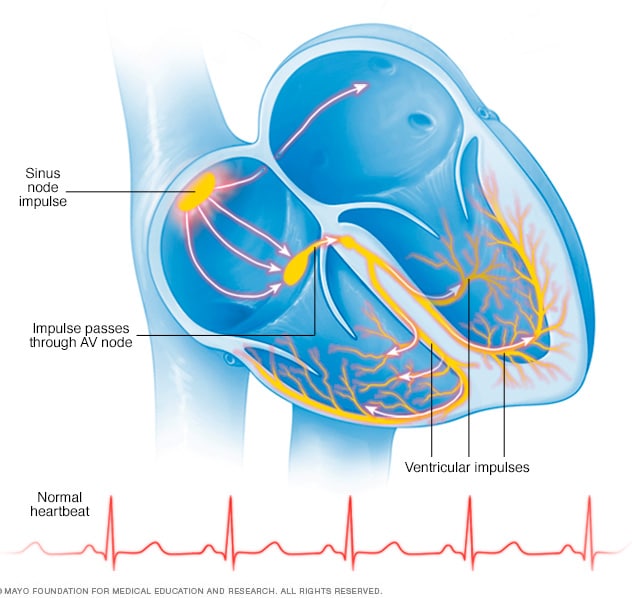
Atrial fibrillation (AF), also called "cardiotonic dysrhythmia", is a kind of arrhythmia, or abnormal heart rate. It happens when the electrical impulse which regulates the heart's beating is from a different area in the heart (the ventricular muscle) than where it should be. This causes the ventricle to beat too fast, often repeating, and in time causes it to collapse. Atrial fibrillation usually happens for short periods and just stops and starts spontaneously without the person being aware of it.
AF may have various possible causes including coronary artery disease, heart valve problems, and cardiac arrhythmias. It can be a serious problem and it can cause a person to die. So the sooner you can seek treatment, the better.
One form of AF is called "sudden heart attacks". It happens when you suddenly find yourself having a very rapid pounding heart that has no warning symptoms. At first glance it looks like you're having a heart attack. However, you'll probably find that you're not having a heart attack; instead you'll find that you're having a heart irregularity.
Because AF is usually very sudden, most people find that they don't have a lot of time to take any medications to try to correct the situation. So instead of trying to treat the arrhythmias that cause AF, doctors may try to correct the arrhythmias themselves.
Tachycardic dysrhythmias can be treated with medications and devices known as beta-blockers. These help to increase your heart's contraction and shorten its relaxation. It can also help to keep the blood flowing easily in your legs, reducing the risk of falling. There are some drugs that can reduce the blood flow, such as niacin, luteinizing hormone, and beta-blockers.
Patients are advised to avoid smoking because this can increase the blood flow to the lungs. This is also true if patients have had a heart attack. Patients should also try to keep their heart rate under about 60 beats per minute and try to get plenty of rest. in between. It's important to stay away from caffeine and alcohol since these two substances slow down the heart.

Patients are told to always be honest with their doctors and follow the doctor's orders even if they don't feel the symptoms of tachycardia. If there is a possibility that the symptoms could be a sign of a heart attack, or other heart problems, doctors will do tests to make sure that the condition is indeed a heart arrhythmia. Patients should be sure to report their symptoms as soon as possible so that the proper medical care can be provided. If the doctor finds out that a problem exists, there's a chance that a medication can be given that can correct the problem.
While tachycardia cannot be completely prevented, you can try to minimize the risk by getting enough rest, avoiding stress, and avoiding risk factors that may exacerbate it. This includes diet, smoking, and alcohol.
If a patient develops tachycardia after a heart attack, or if the patient has a sudden heartbeat, they should contact their doctor immediately. There may be an underlying cause of tachycardia, so a doctor may prescribe medications. for treatment.
Some doctors also recommend that patients who develop tachycardia get a treadmill test so doctors can determine if the tachycardia is caused by an arrhythmia, heart disease, or heart infection. Other doctors may use a treadmill to determine if the tachycardia is indeed a heart arrhythmia. However, this test is not used in all cases.
In most cases, doctors recommend that patients wear a tachometer while exercising because it will help them control their heart rate while on the treadmill. Sometimes the doctor may need to take measurements while the patient is lying down or walking. Treadmill tests are usually available at local hospitals and are easy to use.
Patients should also talk to their doctors before beginning a workout routine. This is because they may want to discuss how to maintain a regular exercise regimen, such as keeping a normal sleep pattern or taking a brisk walk each day. These steps can help to reduce the risk of tachycardia.